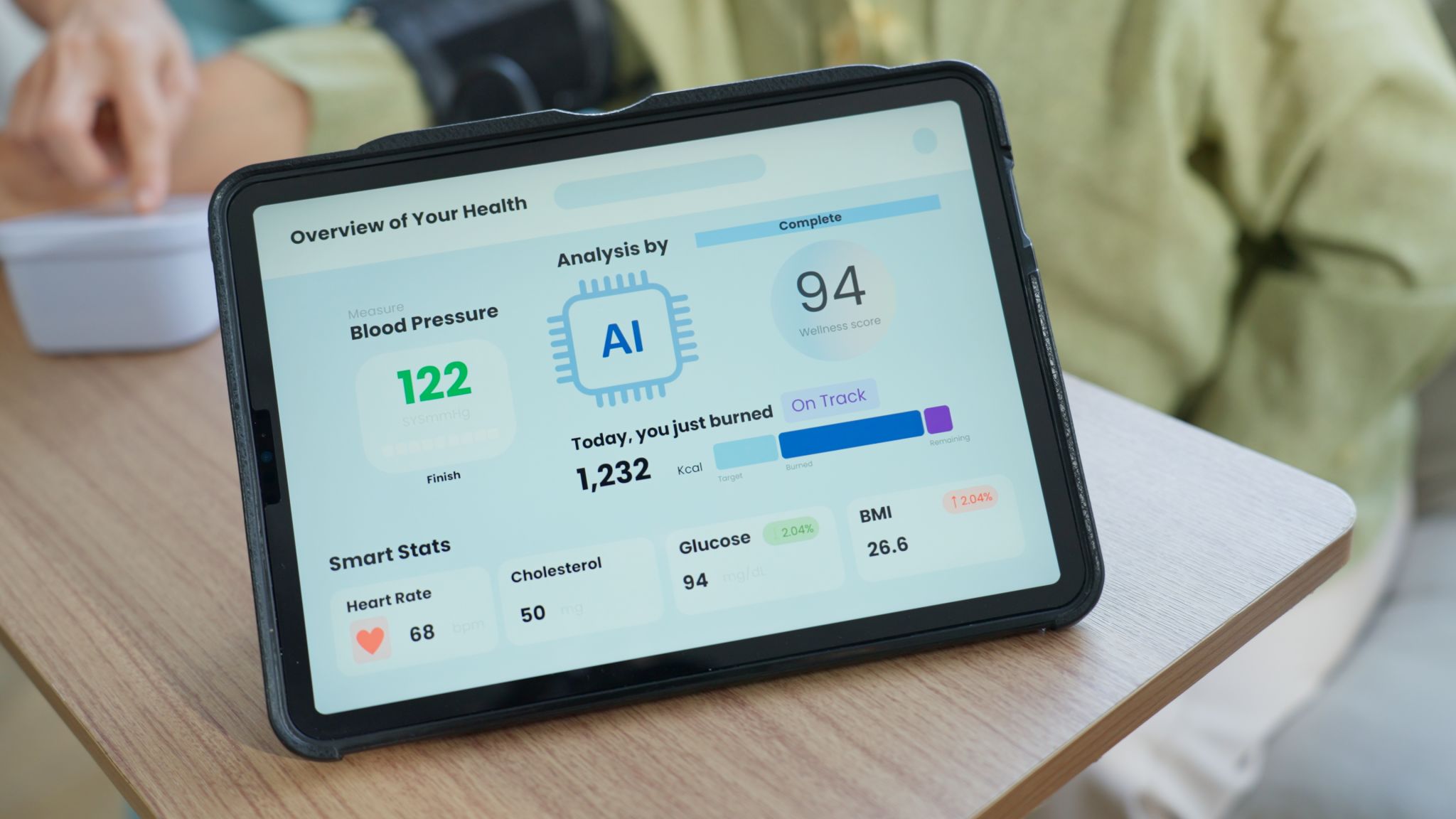The Role of DNA Testing in Modern Healthcare: Insights and Innovations
The Evolution of DNA Testing in Healthcare
DNA testing has come a long way since its inception, evolving from a niche tool used primarily in forensic science to a pivotal component of modern healthcare. This transformation is largely due to the groundbreaking advancements in genomics and biotechnology. Today, DNA testing not only aids in diagnosing genetic disorders but also plays a crucial role in personalized medicine, enabling more precise and effective treatments.

The accessibility and affordability of DNA testing have significantly increased in recent years, allowing it to become a part of routine medical practice. As costs continue to decrease, more healthcare providers are incorporating genetic testing into their diagnostic and treatment processes, enhancing patient care and outcomes.
Personalized Medicine and Genetic Testing
One of the most profound impacts of DNA testing is its role in personalized medicine. By understanding an individual's genetic makeup, healthcare providers can tailor treatments to the patient's unique genetic profile, leading to more effective and targeted therapies. This approach not only improves treatment efficacy but also minimizes adverse drug reactions.
For instance, pharmacogenomics, a field that studies how genes affect a person's response to drugs, is revolutionizing how we approach medication prescription. By utilizing genetic testing, doctors can predict which medications and dosages will be most effective for each patient, decreasing the trial-and-error approach traditionally associated with drug prescriptions.

Predictive and Preventive Healthcare
Another significant benefit of DNA testing is its ability to predict an individual's risk of developing certain diseases. Genetic testing can identify mutations that increase the likelihood of conditions such as cancer, cardiovascular diseases, and diabetes. This information empowers individuals to take proactive measures in managing their health through lifestyle changes or preventive treatments.
Moreover, early detection through DNA testing can lead to more successful management and treatment of diseases. For example, women with BRCA1 or BRCA2 gene mutations have a higher risk of developing breast and ovarian cancers. Through genetic testing, these women can make informed decisions about preventive strategies, including increased surveillance or preventative surgery.
Challenges and Ethical Considerations
Despite the numerous benefits, DNA testing also presents challenges and ethical dilemmas that need to be addressed. Privacy concerns are paramount, as genetic information is highly sensitive and personal. Ensuring that this data is securely stored and shared responsibly is critical to maintaining patient trust.

Additionally, there are ethical considerations regarding the potential for genetic discrimination. The Genetic Information Nondiscrimination Act (GINA) in the United States provides some protection against discrimination in health insurance and employment based on genetic information. However, ongoing vigilance is necessary to ensure these protections are upheld as genetic testing becomes more widespread.
The Future of DNA Testing in Healthcare
The future of DNA testing in healthcare looks promising, with continuous innovations on the horizon. Advancements in technology are expected to further reduce costs and increase the speed of genetic analyses. This will likely lead to even broader adoption of DNA testing across various medical fields.
Furthermore, ongoing research into the human genome will expand our understanding of complex genetic interactions and their implications for health and disease. As our knowledge grows, so too will the potential applications of DNA testing in creating more sophisticated and comprehensive healthcare solutions.
